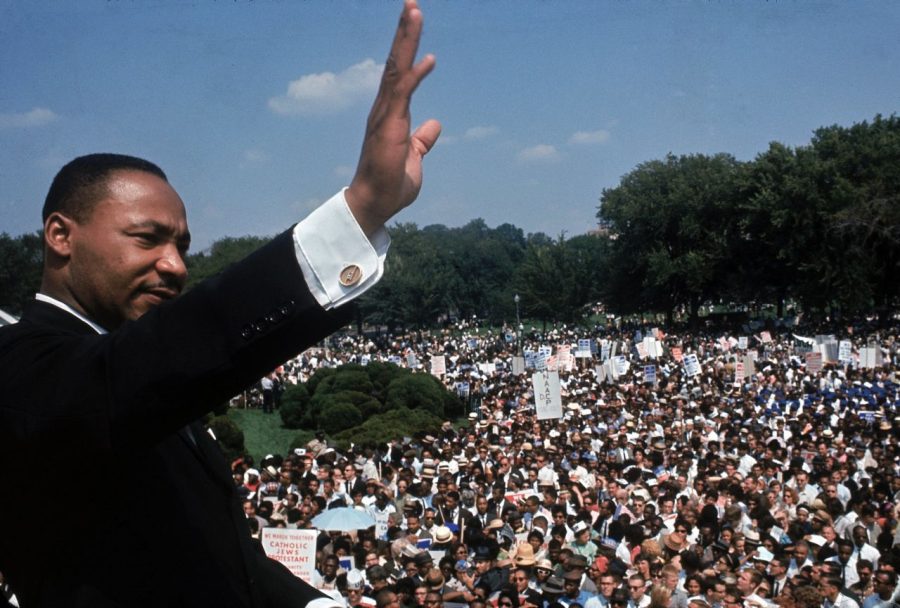Early Christians almost certainly never dreamed that one day, the anniversary of Christ’s birth would have a large focus on a certain portly man and his herd of flying reindeer, or that their Savior’s resurrection would be commemorated by a jellybean-bearing rabbit. The over-commercialization of holidays has affected the values and meanings of not only the aforementioned celebrations, but of nearly all holidays in general. In years past, businesses and manufacturers have been increasing their holiday advertising and production of specialized goods, and the amount of money consumers are spending has risen in turn.
“I think people still think about family traditions but are changing more and more,” senior Dale Park said. “It’s more about what presents you’ll receive than spending time together.”
A recent survey conducted by the Consumer Federation of America and the Credit Union National Association indicates that holiday spending is expected to increase by three and a half to four percent from last year, a result of mounting confidence in a recovering economy. Online spending is also on the rise and expenditures are predicted to have an overall 12 percent increase. Gift budgets have also experienced a dramatic growth; the American Research Group reported the average planned spending on gifts is $854, a 32 percent increase from 2011’s $646 and over double the average spending of 2009’s $417.
“People are just focused on gifts rather than the real meaning behind holidays,” junior Kelsey Tow said.
Many companies are starting to advertise earlier and earlier in an attempt to jumpstart holiday spending, therefore maximizing profits. Target was one of the first, launching its series of Christmas television ads three weeks prior to Halloween.
“They start advertising too early,” senior Alexandra Watson said. “It kind of ruins the holiday spirit.”








